Plant yourself in the sand of the Kerala seashore, the Arabian Sea creaming at your feet, a warm westerly caressing your face. This is the Malabar coast. Spice garden of the East, fantasy of mariners drawn by the fragrance – and fortunes – of cardamom, cinnamon, ginger and clove. They came by turn from ancient times, the Abyssinians, the Greeks, the Arabs and Persians, the Venetians, the Chinese and lastly, the West, sails unfurled to those westerlies and to wild ambition. Visit the old coastal towns of Goa, Calicut (now, Kozhikode) and Kochi, and the townsfolk will direct you to the hoary spice warehouses whose walls are still redolent of riches, of intrigue, clamor and cruelties. And nearby, the overgrown foreign cemeteries hint at those who fell to ‘the fevers’, homesickness and musket fire.
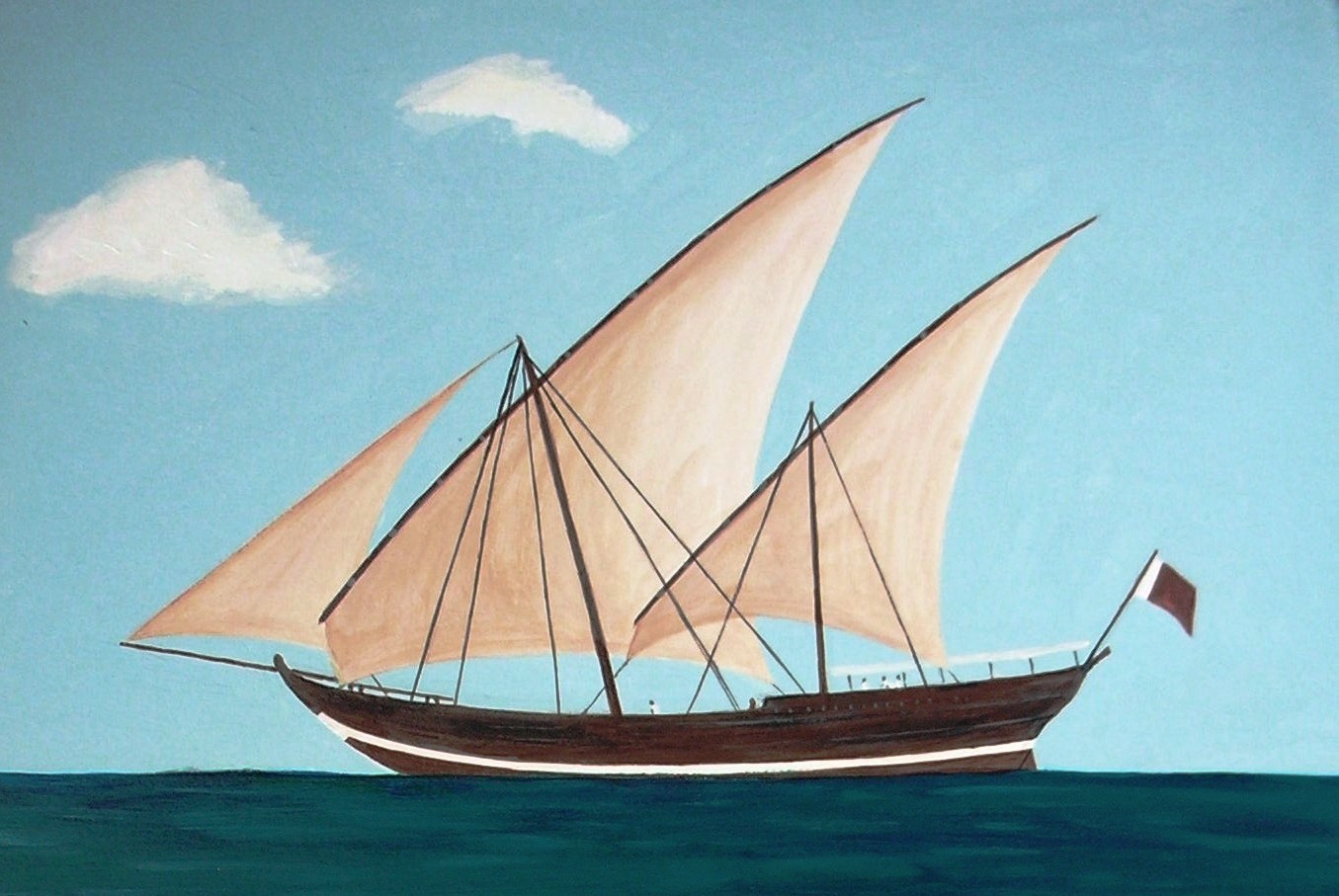
My wife, Mary Kay, and I slipped into the Malabar coastal town of Alappuzha by taxi on our way to the famed Backwaters, playground of lakes, canals, rice paddy villages, birdlife and unhurried houseboats. But it was our overnight at a lodge on the beach – the Raheem Residency – that proved most memorable. It seems that Gandhi, too, had passed that way, not in search of spices or leisure, but in the course of a struggle that would finally loose India from her colonial bonds. The story recounted to us there, confirmed nowhere in the histories but planted in oral memory, recalls at least the aroma of Gandhi’s purpose and manner.
Seeking to rally the town community, the story says, Gandhi wanted a suitable venue for a public meeting. He was stonewalled by the colonial authorities. With few alternatives, people assembled on the strand by the sea to hear and perhaps catch a glimpse of the revered figure. (It was not the only time Gandhi had led a crowd to the beach. In a famous act of civil disobedience in April, 1930, he led the Salt March to the coast of Gujarat, his home state.) As the Mahatma spoke to the people of Alappuzha, making his case for solidarity in the cause of ‘swaraj’ or self-rule, a small bi-plane lifted off a nearby air field. At first, it circled lazily overhead. Then it banked and dove menacingly toward the crowd below. The roar of its descent sent people fleeing in disarray.
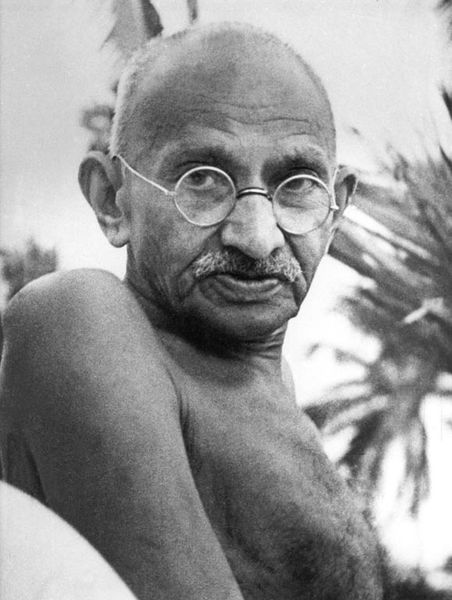
But Gandhi (born 150 years ago this year) called to them, beseeching his listeners not to scatter. Such was the cost of freedom, he said. It would require all to master fear in a show of shared determination. That all endeavors for justice met with resistance. Grasping now the larger significance of what was happening, the people stood with Gandhi, and there at the edge of the sea faced their fear together. They had caught the precious whiff – and cost – of freedom on the fabled Malabar coast.
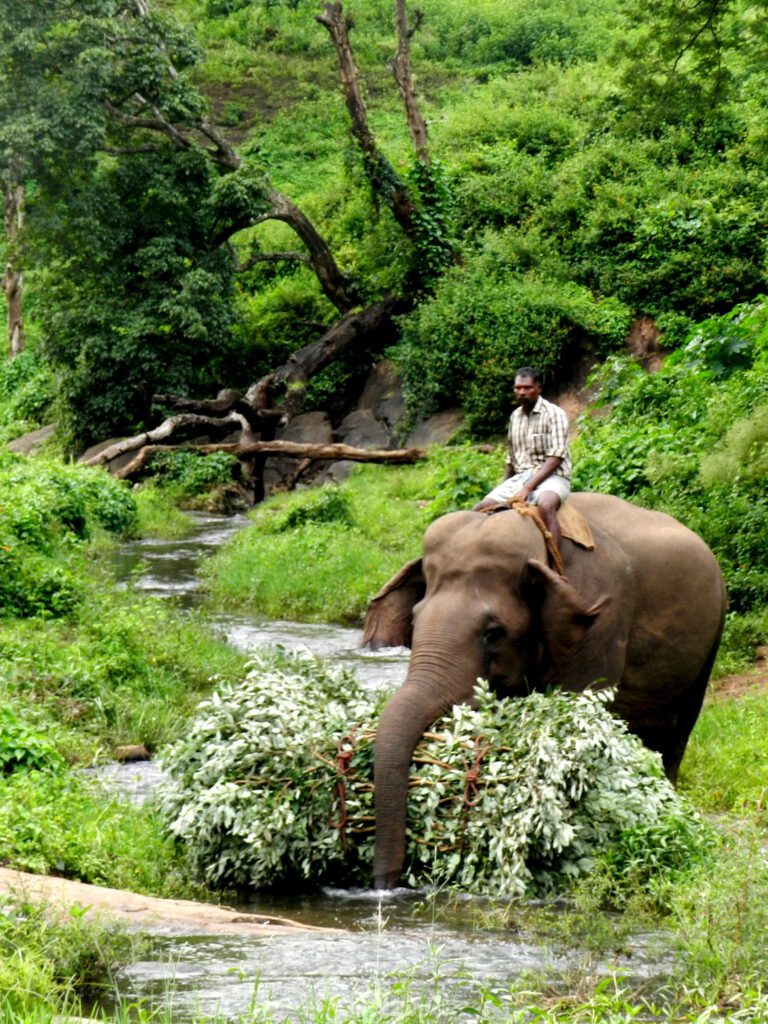
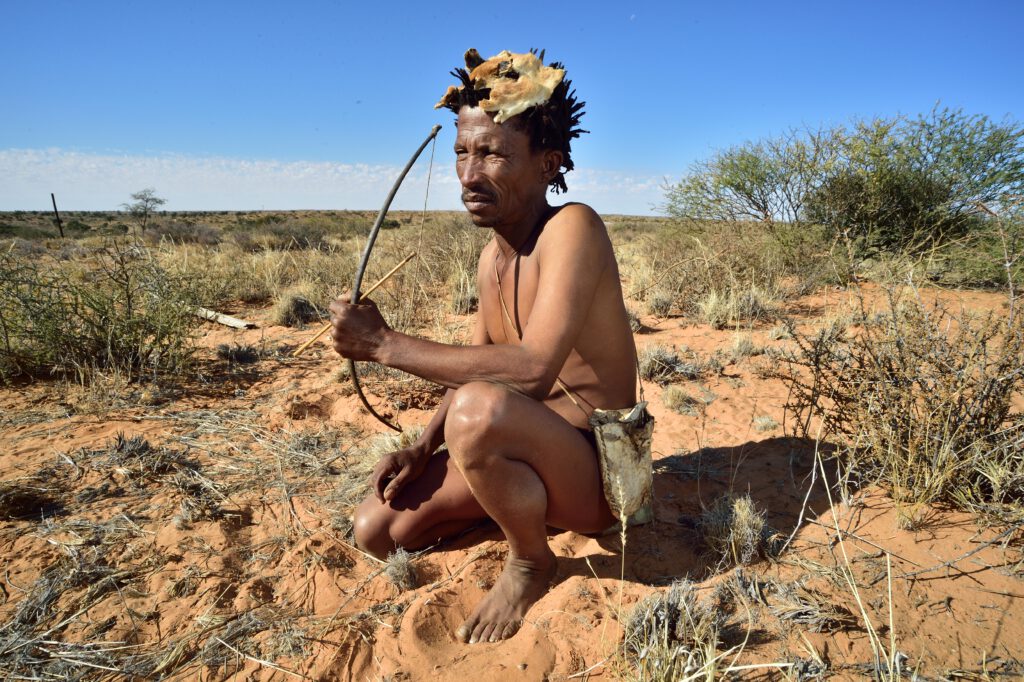
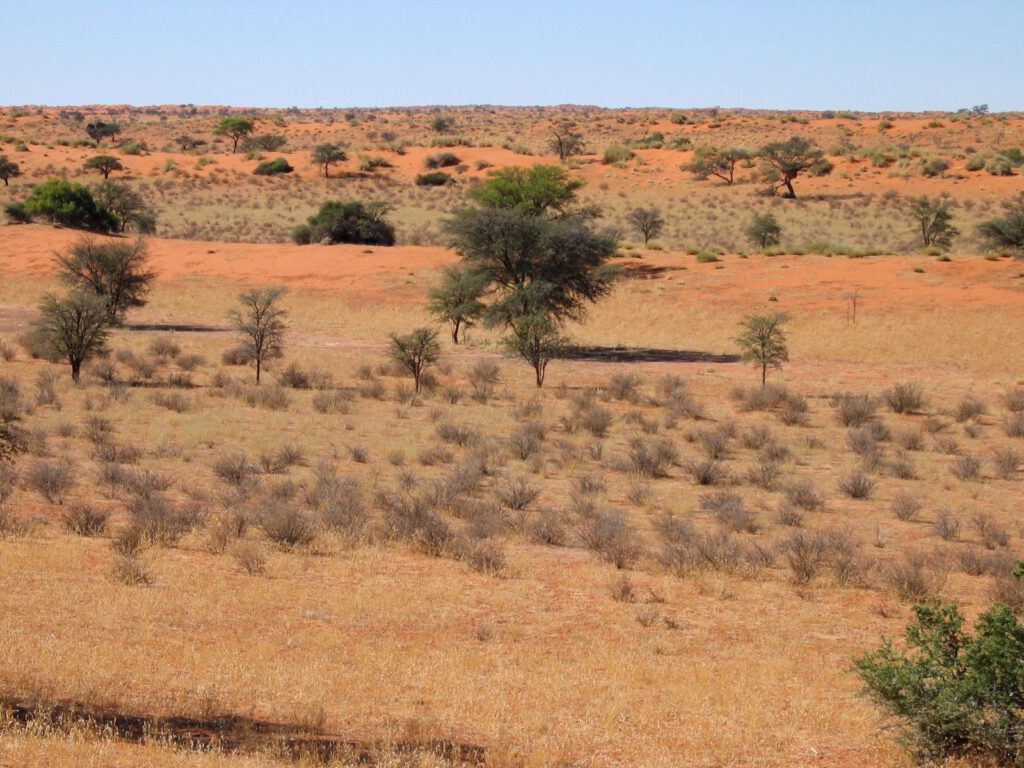
“The cost of freedom!” Thank you, Gandhi, Mandela, King and Jesus. Thank you.